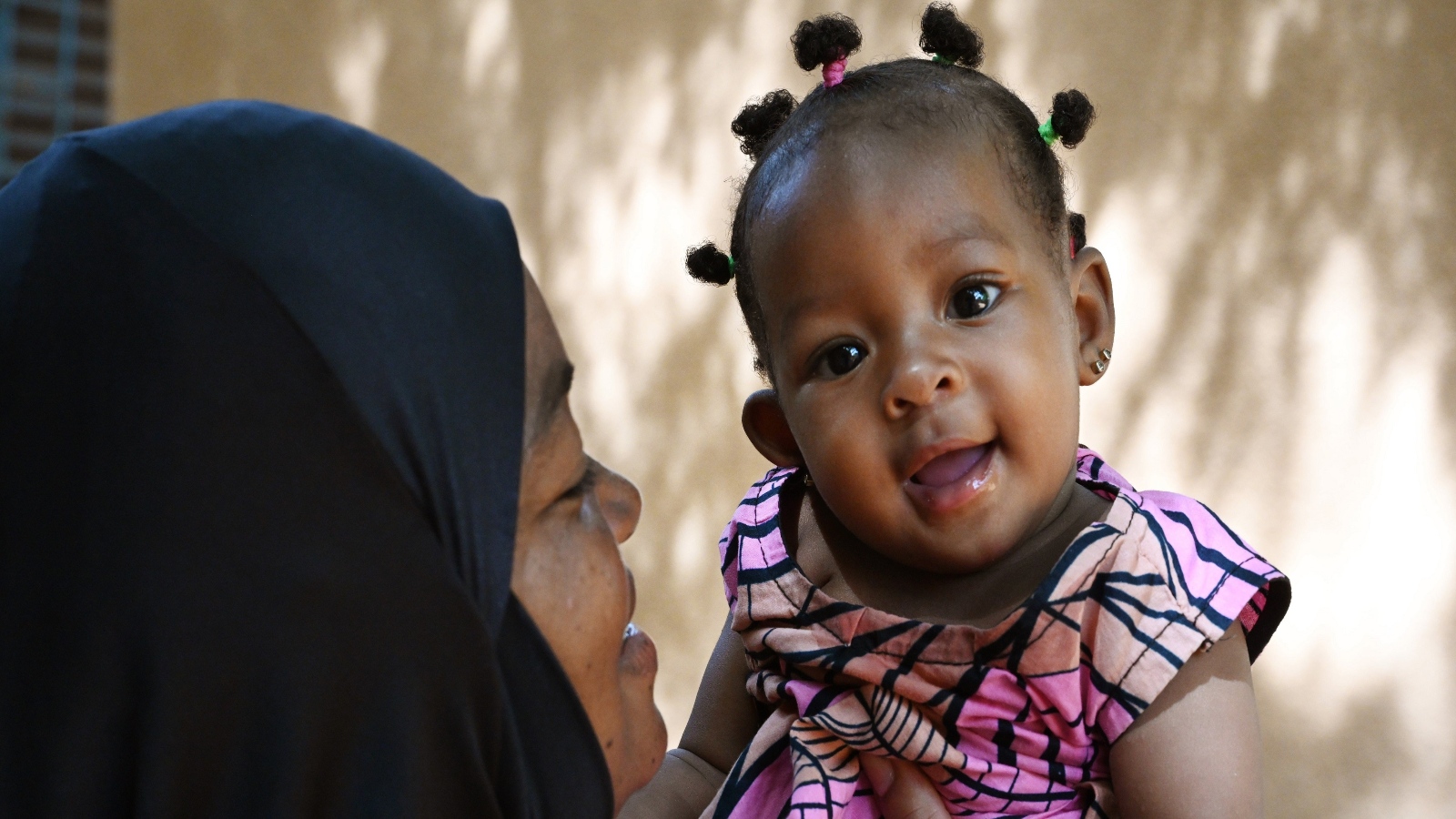
An estimated 708 million women worldwide are outside the labour force because of unpaid care responsibilities, according to new ILO global estimates, released on Tuesday, on the occasion of the International Day of Care and Support.
In 2023, 748 million people (aged 15 or older) were not participating in the global labour force because of care responsibilities, accounting for a third of all working-age persons outside of the labour force. Of these, 708 million were women and 40 million were men.
The new estimates, presented in the ILO Statistical brief, The impact of care responsibilities on women’s labour force participation, are derived from data from 125 countries. They indicate that care responsibilities present the main barrier to women entering and staying in the labour force, while men are more likely to cite other personal reasons for being outside the labour force, such as education and health issues.
This stark gender discrepancy highlights the disproportionate role that women take on in child-rearing, care, and support for persons with disabilities and those in need of long-term care, housekeeping, and other care responsibilities.
Globally, around 1.6 billion women and 800 million men are outside the labour force, with 45 per cent of these women and 5 per cent of these men citing care responsibilities as the reason for their non-participation. Women with lower education and those in rural areas also face higher barriers to workforce participation due to care responsibilities.
"Women shoulder a disproportionate share of care responsibilities, preventing their participation in the labour force due to factors such as low education levels, limited job opportunities, poor infrastructure, rural residence, and inadequate care and support systems. Additionally, societal expectations and norms around caregiving further restrict women’s labour market inclusion, and deepen gender inequalities."said Sukti Dasgupta, Director of the Conditions of Work and Equality Department.
In light of such systemic gender-based inequalities, the ILO’s membership adopted the landmark Resolution concerning decent work and the care economy at the ILO’s International Labour Conference in June 2024. The Resolution is the first global tripartite agreement on the issue, paving the way for countries to tackle the challenges and harness the opportunities presented by the care economy. It states that “a well-functioning care economy not only supports individuals and families, but also contributes to a healthier workforce, creates jobs and enhances productivity.” The Resolution also highlights the “structural barriers” that unpaid care work creates for women in their participation, retention, and progression in the labour force.
ILO data show that since 2018 many countries have made progress in promoting the participation of women carers by increasing investments in early childhood care and education. However, in a world being reshaped by demographic shifts, with ageing populations, and climate change, which intensifies unpaid care work, the demand for care services is likely to increase. The recent ILO Resolution underlines the importance of adequate investment in care policies. It will be essential if we are to tackle growing inequality and move towards greater social justice.
To find out more, click here.
Source: ILO
 Welcome to the United Nations
Welcome to the United Nations